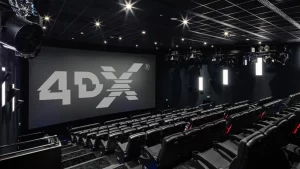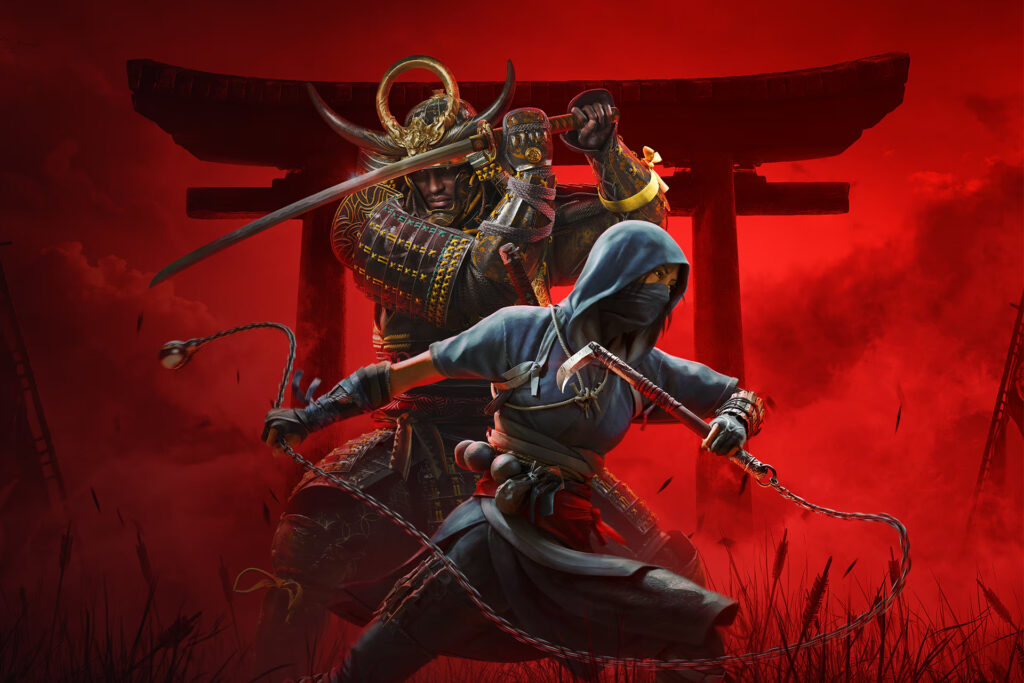
As Ubisoft continues to expand the Assassin’s Creed franchise, the upcoming Assassin’s Creed: Shadows aims to immerse players in the rich history and aesthetics of feudal Japan. However, the timing and apparent lack of innovation may position it unfavorably against other games that have already mastered this setting. Titles like Ghost of Tsushima and Sekiro: Shadows Die Twice have set a high benchmark, leaving AC: Shadows struggling to distinguish itself. Unfortunately, the signs point to Ubisoft’s latest entry being overshadowed by these trailblazers, both in terms of gameplay and cultural resonance.
Assassin’s Creed: Shadows is Late to the Samurai Party
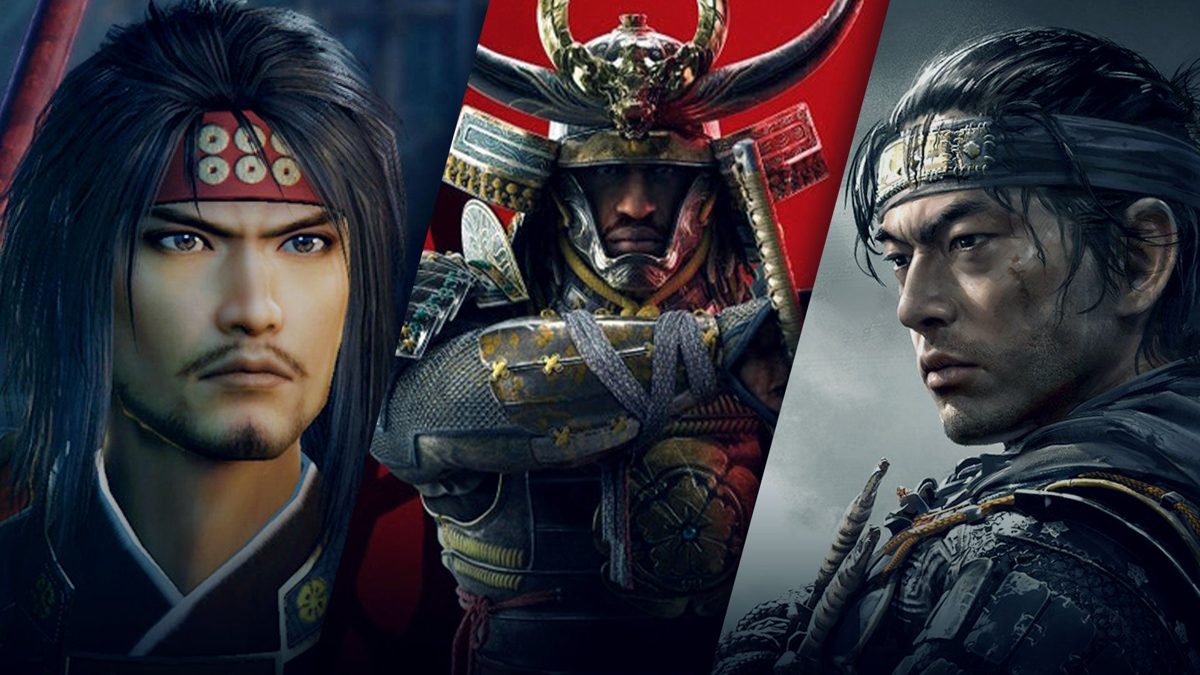
Timing is everything, and AC: Shadows seems to have missed the mark by several years. The gaming world has already seen a surge of critically acclaimed samurai and ninja-themed titles, with Ghost of Tsushima (2020) and Sekiro: Shadows Die Twice (2019) leading the charge. These games not only set the standard for the genre but also redefined player expectations with groundbreaking mechanics, emotionally engaging narratives, and breathtaking visuals.
By the time Shadows debuts, it will face a landscape already saturated with these masterpieces. Moreover, 2024’s Rise of the Ronin further compounded the challenge, delivering another feudal Japan experience that drew inevitable comparisons to Ghost of Tsushima. With its late arrival and gameplay that seems derivative rather than revolutionary, Assassin’s Creed: Shadows risks feeling redundant.
A Familiar Gameplay Loop

Initial trailers and gameplay reveals for Assassin’s Creed: Shadows have been met with a mix of excitement and skepticism. While the visuals are undoubtedly stunning, the gameplay mechanics appear strikingly similar to Ghost of Tsushima. Ubisoft seems to be leaning heavily on stealth, swordplay, and exploration—elements that were already perfected by Sucker Punch Productions. The fluid combat, dynamic weather, and engaging side quests showcased in Ghost of Tsushima set a gold standard that Shadows struggles to surpass.
Instead of innovating, Ubisoft’s approach feels like a retread of familiar ground, failing to bring fresh ideas to the table. This lack of originality becomes especially glaring when one considers how Assassin’s Creed games once prided themselves on setting trends rather than following them.
Enter Ghost of Yote
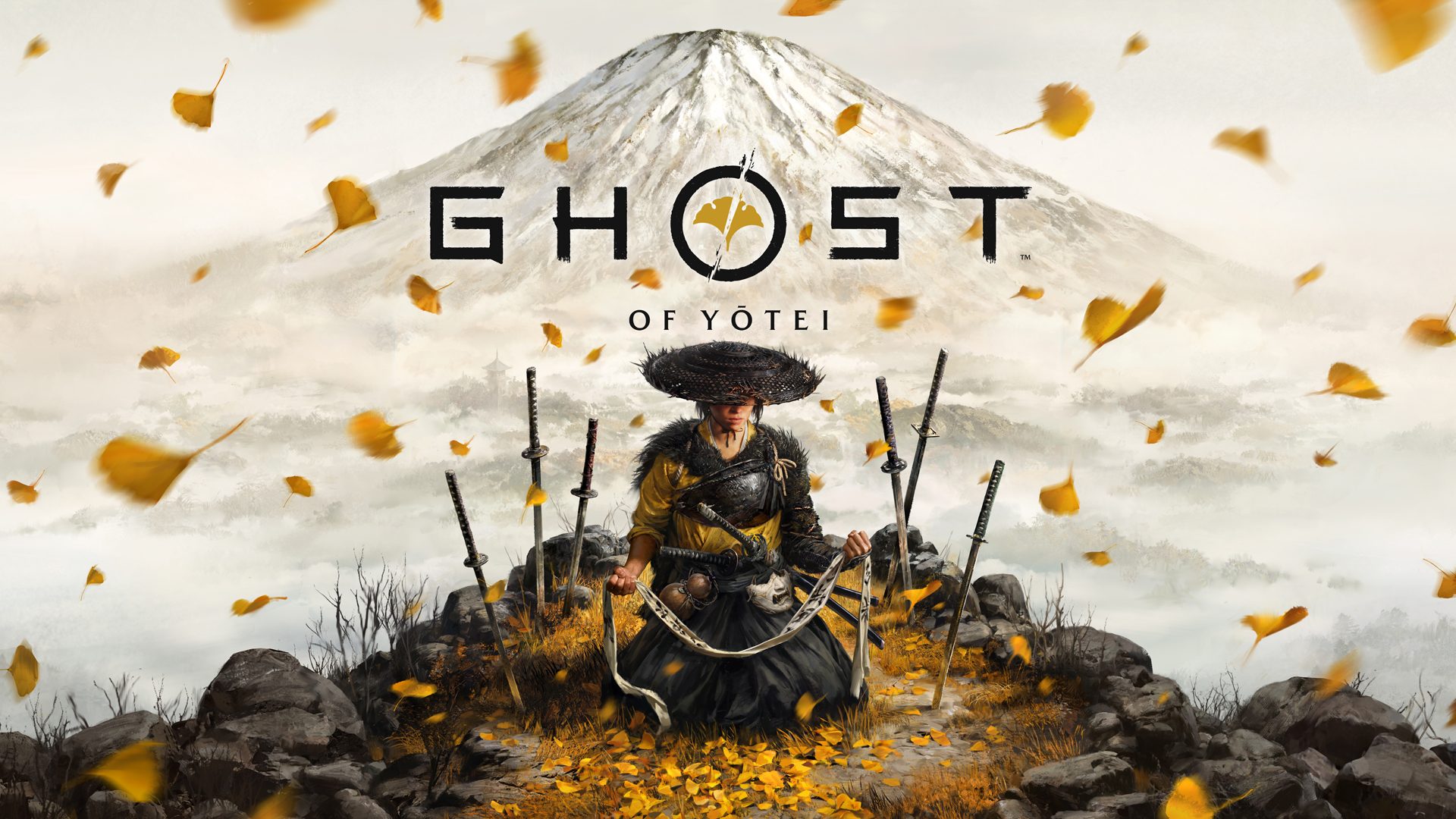
Adding to the pressure on Assassin’s Creed: Shadows is the highly anticipated sequel to Ghost of Tsushima, titled Ghost of Yote. Set for release in 2025, this follow-up promises to build upon its predecessor’s strengths while introducing a new female protagonist. Early rumors suggest expanded combat mechanics, a deeper exploration of Japanese culture, and an even more immersive open world. With Ghost of Yote poised to push boundaries and further refine the samurai gaming experience, it casts a long shadow over Ubisoft’s upcoming entry.
The excitement surrounding Ghost of Yote underscores how Ghost of Tsushima remains a cultural and critical juggernaut. Its sequel is likely to attract both loyal fans and new players, making it even harder for Assassin’s Creed: Shadows to carve out its own identity in the same space.
Assassin’s Creed: Shadows’ Challenge of Standing Out
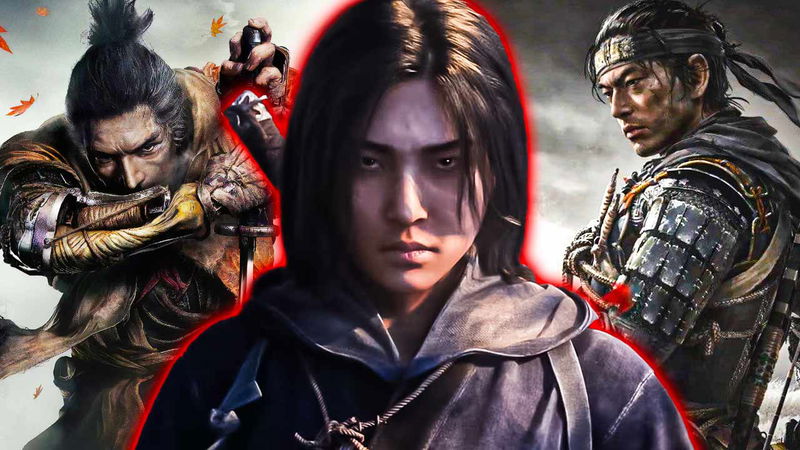
One of the greatest hurdles for Assassin’s Creed: Shadows is the need to differentiate itself in a genre now defined by Ghost of Tsushima and Sekiro. While Ubisoft has a proven track record of creating expansive open-world experiences, it must find a way to capture the essence of feudal Japan without feeling like a lesser imitation. This requires bold storytelling, innovative gameplay mechanics, and a unique artistic direction—elements that have yet to be fully showcased in the promotional material.
Conclusion – Assassin’s Creed: Shadows undoubtedly has the potential to be a visually stunning and enjoyable game. However, its late entry into a genre already dominated by Ghost of Tsushima and the impending release of Ghost of Yote leaves little room for error. Unless Ubisoft can deliver something truly groundbreaking, Shadows risks being remembered as a competent but ultimately forgettable addition to the Assassin’s Creed franchise. With such formidable competition, Assassin’s Creed: Shadows might indeed find itself destined to remain in the shadow of its predecessors.
If you have any questions regarding Assassin’s Creed, feel free to ask in the comments below. For more content, stay tuned. As usual, like, subscribe and share our articles as we here are trying to build a community of people High on Cinema!






